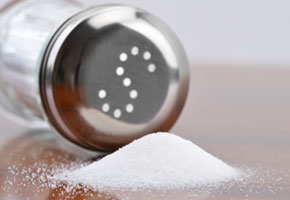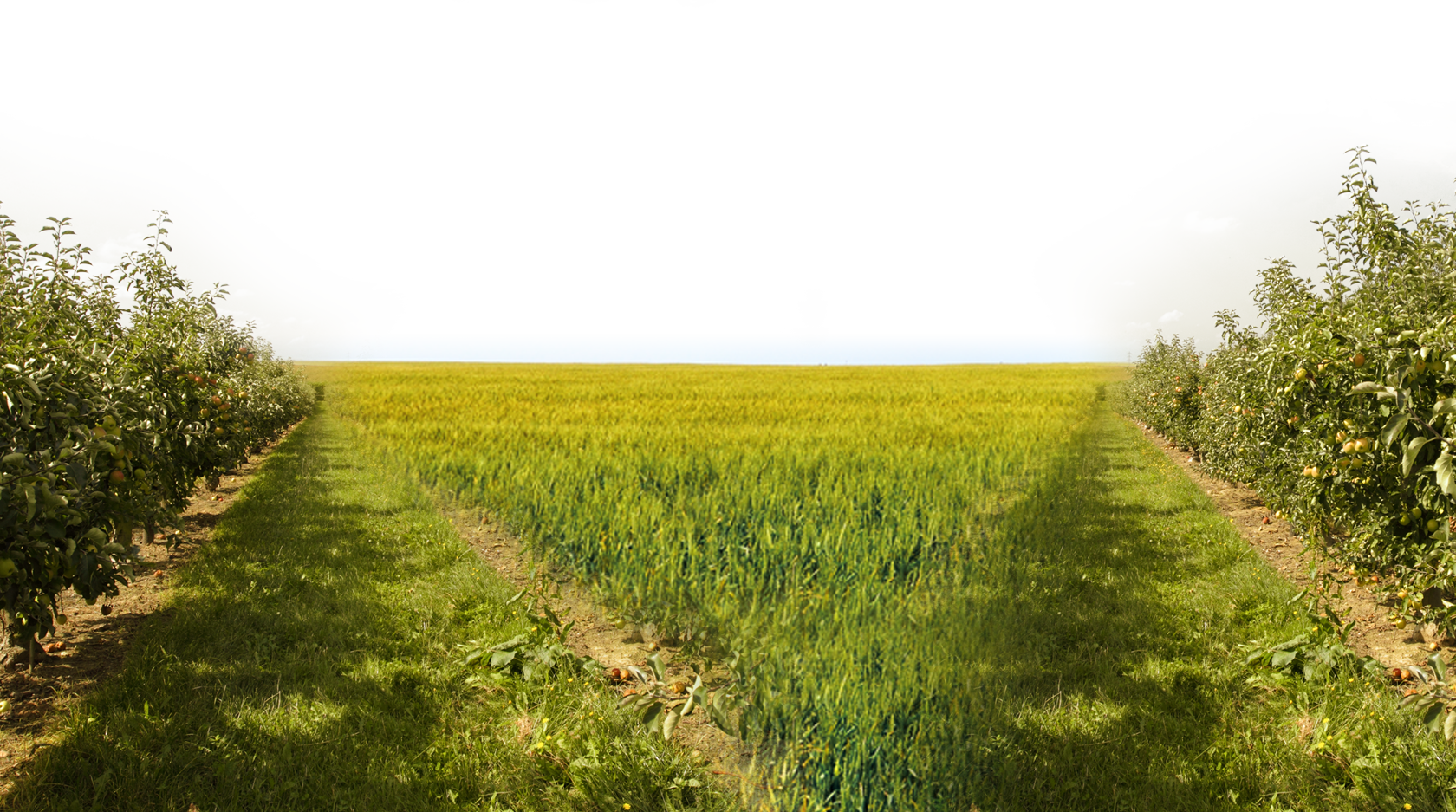
To salt or not to salt?
By Elizabeth Chatellier, MA, RDN | 0 Comments | Posted 06/27/2014
As a dietitian, many clients ask me whether it’s okay to salt their food, or to eat foods that have a high sodium content. This question is a highly debated topic among the medical community, and research on whether high sodium intake over time leads to high blood pressure is relatively inconclusive. There is no correct answer that matches all of us as we are unique individuals with different dietary needs and unique genetic makeups. However, there is a different approach to thinking about salt, and how consuming sodium can benefit us instead of cause unnecessary harm to our health.
Sodium is an essential element in our bodies. It helps maintain proper fluid balance, nerve transmission and muscle contraction. Therefore, we need to consume sodium in some form on a daily basis. Luckily it is easy to do this considering every food has at least a little sodium in it, even fruits and vegetables, because the soil they grow in naturally contains mineral sodium. Animal products, like fresh chicken, beef, and pork, contain a small amount of sodium because animals eat grains and grass that naturally contain sodium. Fish and seafood contain salt because they used to live in the sea. Seaweed is high in sodium for this reason too.
This is different from processed foods that contain sodium. Processed and prepared foods generally have very high sodium content because additional salt has been added to make the food product shelf stable (sodium is a preservative) and enhance flavor. Overconsumption of highly processed foods over time can cause unwanted strain on the kidneys and heart, and although this is a highly debated subject, may possibly lead to high blood pressure.
D.A.S.H., or Dietary Approaches to Stopping Hypertension, aims to lower blood pressure and reduce unnecessary weight by increasing daily intake of fresh fruits and vegetables, and low-fat or non-fat dairy, without restricting sodium intake. D.A.S.H. has been proven to be a very effective, simple method that is recommended by the American Heart Association and the American Dietetic Association.
If you are going to season your food with table salt, opt for a less processed form of the rock, such as natural sea salt. If you have been instructed by a medical practitioner to limit your sodium intake, opt instead for fresh or dried spices, lemon juice, or no salt added seasoning blends to flavor your foods, and limit your intake of processed, cured, or pickled foods.


 Contact us
Contact us



























